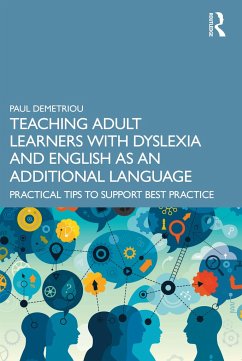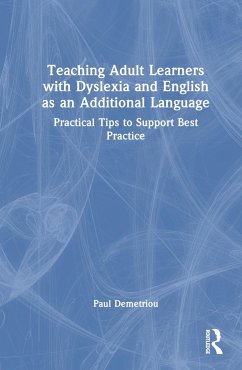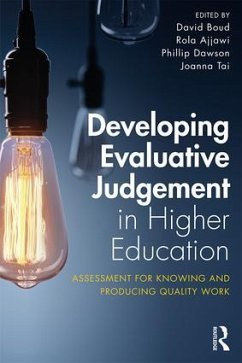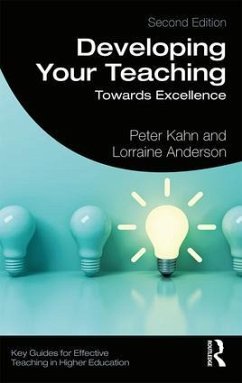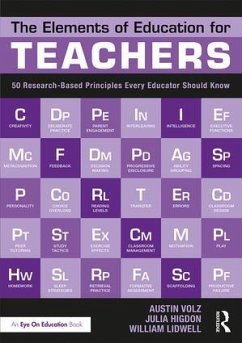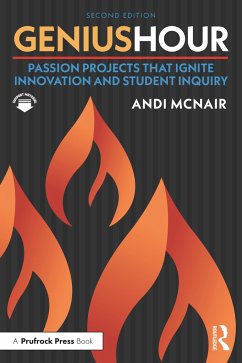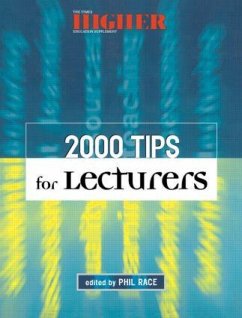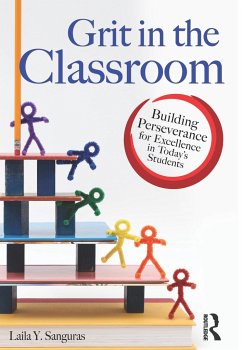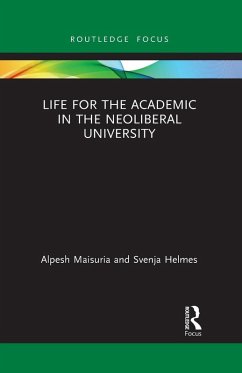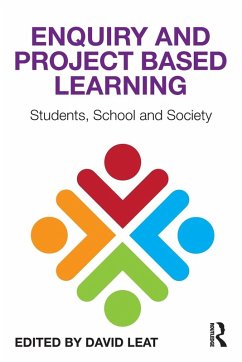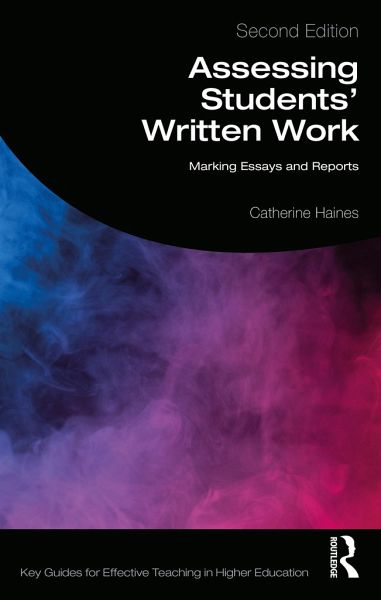
Assessing Students' Written Work
Marking Essays and Reports
Versandkostenfrei!
Versandfertig in 6-10 Tagen
28,99 €
inkl. MwSt.
Weitere Ausgaben:

PAYBACK Punkte
14 °P sammeln!
Assessment is one of the most powerful tools in teaching, yet it is rarely measured in effort, time and effectiveness and is often done alone, against the clock and with minimal training. This practical and realistic book is designed to help practitioners who wish to improve their impact in assessing a large and diverse range of students. This second edition has been fully updated to include the views of students and recent developments in remote assessment, plagiarism, grading and feedback tools. The second half of the book considers the main assessment methods, with advice addressing common ...
Assessment is one of the most powerful tools in teaching, yet it is rarely measured in effort, time and effectiveness and is often done alone, against the clock and with minimal training. This practical and realistic book is designed to help practitioners who wish to improve their impact in assessing a large and diverse range of students. This second edition has been fully updated to include the views of students and recent developments in remote assessment, plagiarism, grading and feedback tools. The second half of the book considers the main assessment methods, with advice addressing common challenges.
It will help newer assessors to:
clarify their role and make the best use of time and technology
gain confidence with assessment terms and processes
give motivating feedback and support student writing
tailor their approach and learn from practitioners within their discipline to extend their current rangeof solutions
consider in more depth: essays, reports and projects, practicals and fieldwork, mathematically-based learning and exams.
Both newly appointed and more experienced lecturers in further and higher education, postgraduate students, part time staff and graduate teaching assistants will find this an invaluable guide and reference tool.
It will help newer assessors to:
clarify their role and make the best use of time and technology
gain confidence with assessment terms and processes
give motivating feedback and support student writing
tailor their approach and learn from practitioners within their discipline to extend their current rangeof solutions
consider in more depth: essays, reports and projects, practicals and fieldwork, mathematically-based learning and exams.
Both newly appointed and more experienced lecturers in further and higher education, postgraduate students, part time staff and graduate teaching assistants will find this an invaluable guide and reference tool.





